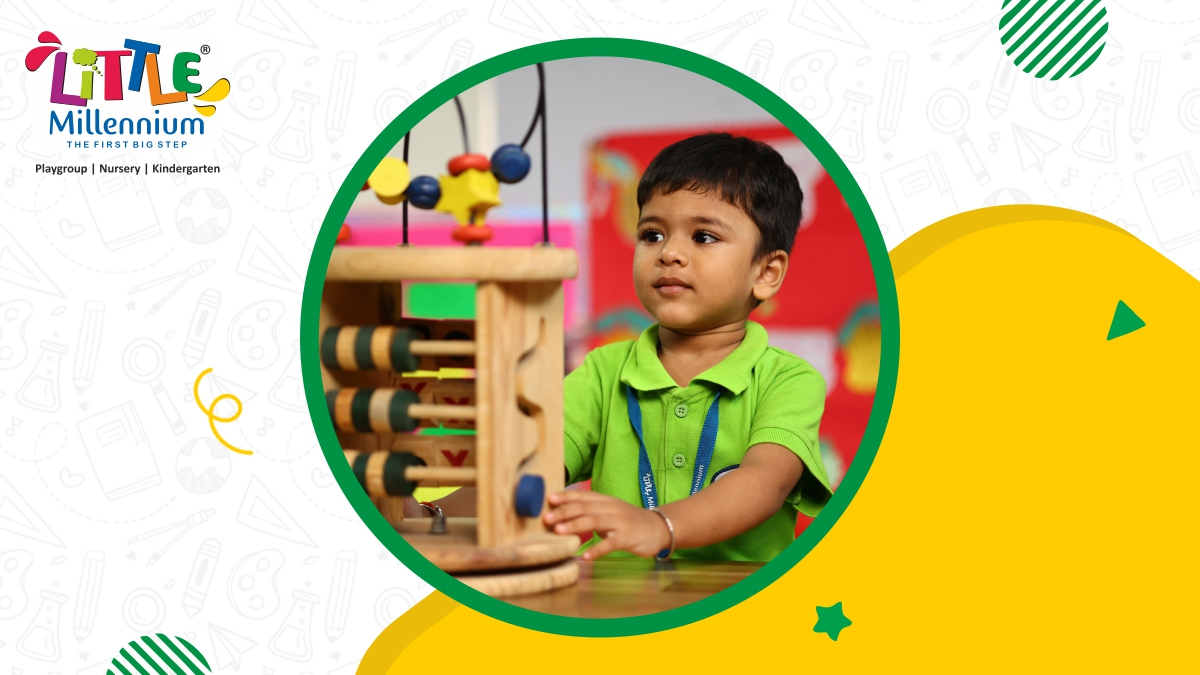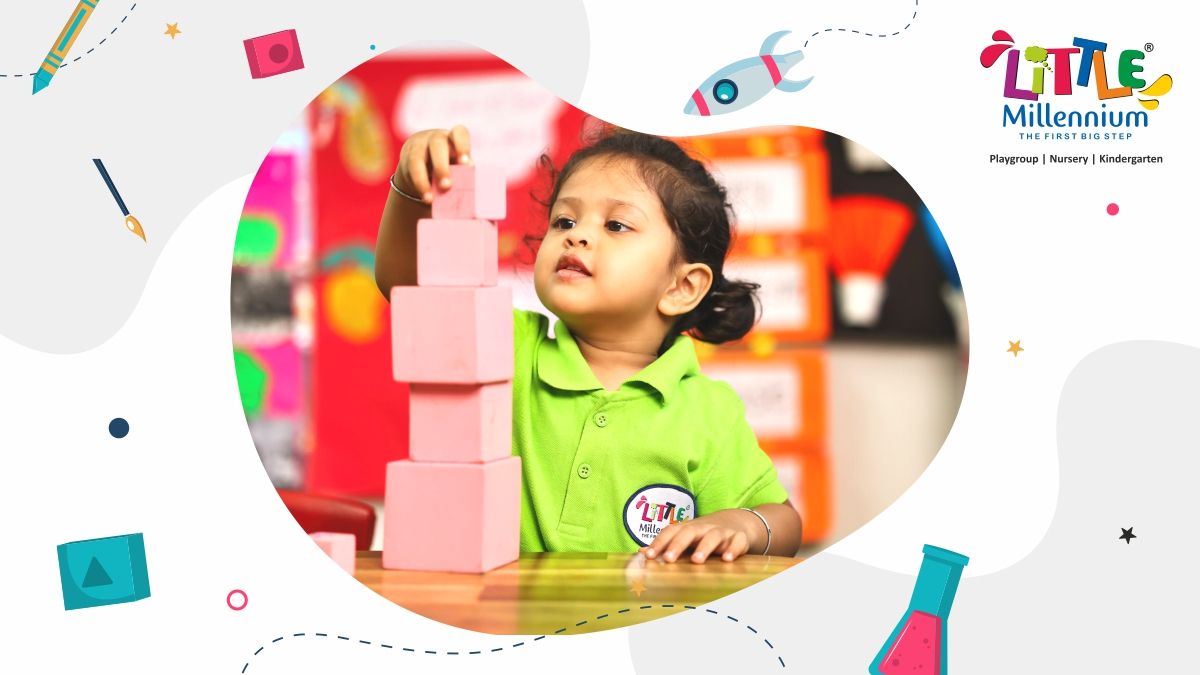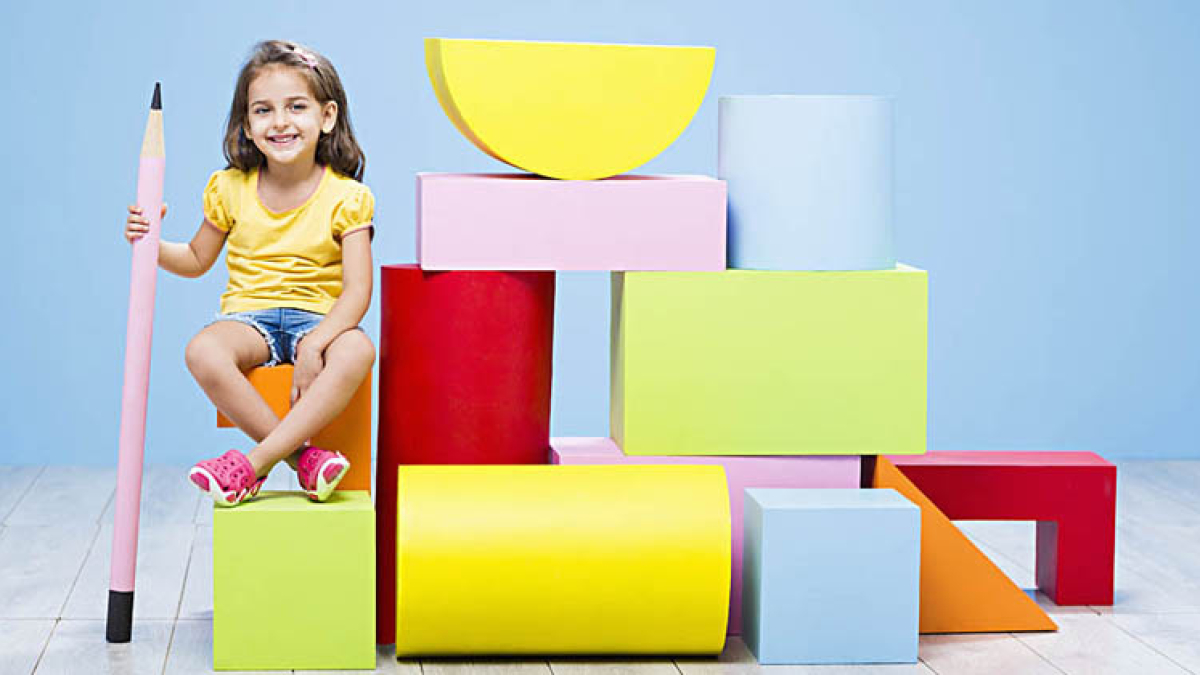In early childhood education, parents often focus on academic readiness—letters, numbers, and basic cognitive skills. But what truly shapes a child’s future success goes beyond academics: social skills. Developing strong social abilities early on helps children become compassionate, confident, and well-rounded individuals.
Why Social Skills Matter
From ages three to four, children begin interacting more with peers beyond the family. Early social experiences help them:
- Build relationships: Learn caring, consideration, and respect for others.
- Manage emotions: Develop patience, cope with frustration, and celebrate others’ successes.
- Collaborate effectively: Listen, follow instructions, and work in groups.
- Resolve conflicts and empathize: Negotiate, see others’ perspectives, and find solutions.
Key Social Skills in Early Childhood Education
Children develop essential life skills through daily interactions and structured activities:
- Sharing & Taking Turns: Understanding fairness and patience.
- Empathy: Recognizing and responding to others’ feelings.
- Listening: Paying attention, following instructions, and responding thoughtfully.
- Cooperation: Working in teams and adapting to group tasks.
- Self-Expression: Communicating thoughts and emotions through words, play, or art.
How Little Millennium Nurtures Social Skills
At Little Millennium, social-emotional development is a core part of the Seven Petal Curriculum. Our approach ensures children gain confidence in social settings through:
- Role-play and group activities: Encourage teamwork, empathy, and communication.
- Collaborative tasks: Share responsibilities and practice cooperation.
- Age-appropriate milestones: Activities build confidence gradually.
- Supportive environment: Experienced teachers guide interactions, help resolve conflicts, and model positive social behavior.
Final Thoughts: Raising Confident, Empathetic Children
Early childhood education is about more than academics—it’s where children learn the social skills that help them thrive in life. Sharing, cooperating, expressing themselves, and understanding others lays the foundation for confidence, kindness, and happiness.
At Little Millennium, we create a warm, caring environment where your child can grow, explore, and enjoy learning every day. Visit us to see how our curriculum and supportive teachers help children develop the skills they need to flourish.



